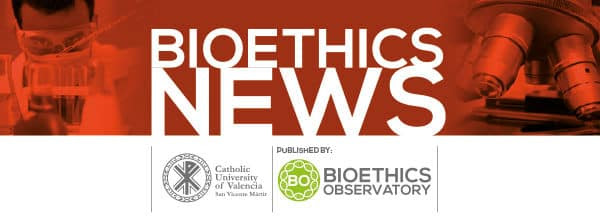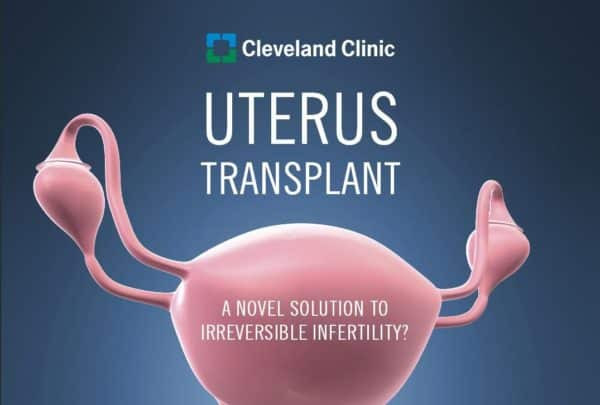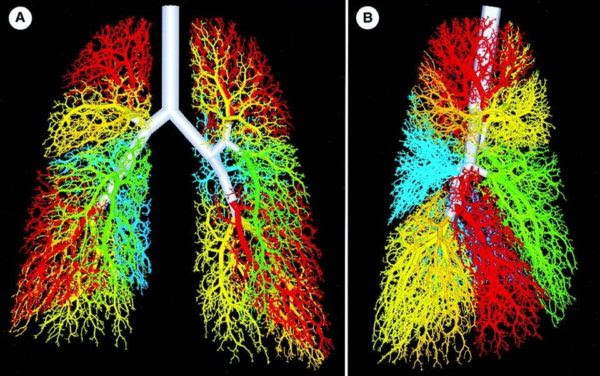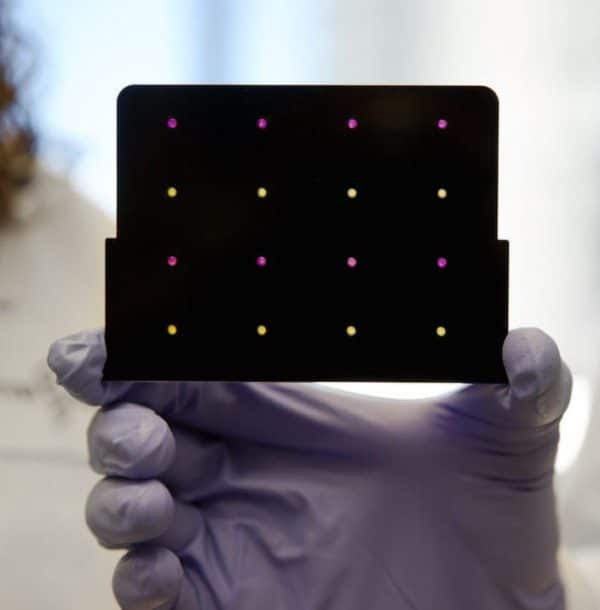

REPORTS |
The Charlie Gard case. An ultimate dispassionate ethical reflexion
It is dangerous to exclude ethical judgment from medical decisions in which death is knocking at the door of life, circumstances arise that are not easy to judge and even less easy to resolve. Such cases can be paradigmatic, like that of Charlie Gard… Read more.
|
Organ donation for transplantation in children with cardiac arrest
Premortem interventions before donation in circulatory arrest in children have objective ethical problems. A few years ago, performing medical interventions in end-of-life situations were actions centered on the best interests of the dying patient. Shortage of organs… Read more.
|
NEWS |
Germ line genome editing is being accepted. Ethical difficulties that it entails
In December 2015, an International Summit took place in Washington D.C., convened by the United States National Academy of Sciences and the National Academy of Medicine, at which scientists, doctors, bioethicists and specialists in legal matters met to reach a consensus in humans at both laboratory and clinical level. As a result …
|
New artificial species. Could they affect biodiversity?
An article was recently published in the blog Practical Ethics, defending the use of synthetic biology and gene editing to obtain new organisms that do not exist in nature. Its author argues that if biodiversity is valuable, then it should be promoted, adding new species instead of conserving it as it is. Contrary to the commonly assumed idea that current… Read more.
|
First case of deceased donor uterine transplantation
Being able to resolve infertility women who have no uterus, is unquestionably a major medical and social issue. The two possible solutions to this problem are uterus transplantation or surrogacy, the latter solution presenting objective ethical difficulties.... Read more.
|
Children conceived through assisted reproduction, now adolescents, have more medical problems
These recent findings should be taken into consideration when making an ethical assessment of assisted reproduction. ART present more medical and/or mental health problems than those conceived naturally... Read more.
|
IN BRIEF |
Organ donation from euthanized patients.Controversial practice
In 2015, 2023 patients were euthanized only in Belgium. A total of 684 organs were eventually useful for donation only in Belgium… Read more.
|
Surrogacy in American male same-sex couples. This is a "select group" for whom the cost of children is particularly high
In 2014, approximately 37,800 male same-sex couples in the United States had children, most through gestational surrogacy. Little is known until now, a study has now been published… Read more.
|
Pulmonary organoids produced from human iPS cells in three dimensions (3D)
These contain various components of lung tissue, and even airways and alveolar structures. They would allow the development of innovative strategies for disease modelling, drug discovery… Read more.
|
CRISPR diagnoisis tool. A new biomedical breakthrough from genome editing to disease diagnosis
CRISPR techniques are gaining traction in another realm of medical technology. It has recently been announced that the CRISPR tool, used up to now in the field of genome editing, can be used in another in diagnosis…
|
Palliative care in Latin America. Most patients do not have access to it
Palliative care is a patient right Since its introduction in the 1980s, palliative care has been evolving gradually in Latin America. Now there are currently… Read more.
|
Human tissues and organs produced using 3D techniques
The organoids produced can be used to assess the functions of different human organs, deepen our understanding of… Read more.
|



































.png)









No hay comentarios:
Publicar un comentario